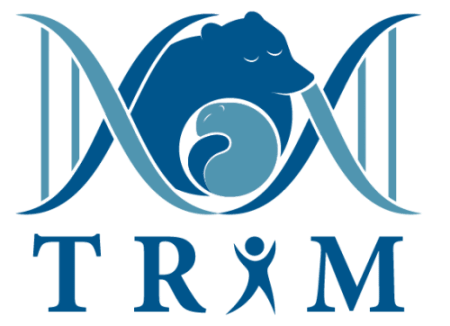(This project was completed with COBRE funding in June 2024.)
PI: Khrystyne N. Duddleston, PhD
Key Personnel: Kirsten Grond, PhD
Although numerous studies have addressed the role of diet and gut microbes as factors in diseases such as obesity, the potential beneficial role of gut microbes in preventing loss of lean mass in disorders such as sarcopenic obesity, a condition that affects older adults, has received comparatively less attention. Duddleston’s research investigates how the Arctic ground squirrel gut microbiota and urea nitrogen salvage (UNS) system contribute to essential amino acid (EAA) production during the fast of hibernation. This study utilizes metagenomics and metatranscriptomics to examine nitrogen metabolism in hibernating arctic ground squirrels. Results revealed higher levels of urea-derived nitrogen (15N) in both non-essential and specific essential amino acids in hibernating squirrels’ tissues compared to summer-active animals. Additionally, greater nitrogen enrichment (15N) was observed in anabolic amino acids known to regulate protein metabolism. These findings suggest that the gut microbiota may play a significant role in maintaining lean muscle mass in Arctic ground squirrels during hibernation, despite the absence of food intake. This research also contributes to our understanding of the gut-muscle axis and may inform future approaches to maintaining muscle mass in various health conditions.


